Importance of Social Engagement in Preventing Cognitive Decline
Contents
- 1 Importance of Social Engagement in Preventing Cognitive Decline
- 1.1 Introduction
- 1.2 Table of Contents
- 1.3 Understanding Cognitive Decline and Its Impact
- 1.4 The Role of Social Interaction in Brain Health
- 1.5 The Science Behind Social Engagement and Cognitive Resilience
- 1.6 Positive Effects of Meaningful Relationships on Brain Function
- 1.7 Combatting Isolation: A Key Strategy for Cognitive Preservation
- 1.8 Seniors’ Social Activities: Nurturing the Mind and Soul
- 1.9 Interacting Across Generations: A Cognitive Boost
- 1.10 Exploring Various Forms of Social Engagement
- 1.11 Community Involvement: Connecting Beyond the Self
- 1.12 The Digital Age and Social Connectivity
- 1.13 Benefits of Group Activities: Stimulating Cognitive Processes
- 1.14 Promoting Emotional Well-being Through Social Bonds
- 1.15 Impact of Loneliness on Cognitive Health
- 1.16 Creating Social Support Networks: Enhancing Brain Resilience
- 1.17 The Ripple Effect: How Social Engagement Improves Overall Health
- 1.18 Brain Health Across the Lifespan: Social Engagement as a Habit
- 1.19 Intergenerational Programs: Bridging Wisdom and Knowledge
- 1.20 Exploring Cultural and Recreational Activities
- 1.21 Combining Physical and Social Activities for Holistic Well-being
- 1.22 Caring for Caregivers: Social Support for Emotional Strength
- 1.23 Frequently Asked Questions About Social Engagement and Cognitive Decline
- 1.23.1 Can social engagement really prevent cognitive decline?
- 1.23.2 How often should seniors engage socially?
- 1.23.3 What types of social activities are best for cognitive health?
- 1.23.4 Is virtual social engagement as effective as in-person interaction?
- 1.23.5 Can social engagement benefit individuals already experiencing cognitive decline?
- 1.23.6 Is there an age limit for starting social engagement activities?
- 1.24
- 1.25 Conclusion: Embracing Social Connections for a Vibrant Mind
Read DISCLAIMER
Unlock the secrets to preventing cognitive decline by embracing the importance of social engagement. Learn how staying socially active enhances brain health, emotional well-being, and cognitive resilience. Explore strategies to maintain a vibrant mind and lead a fulfilling life.
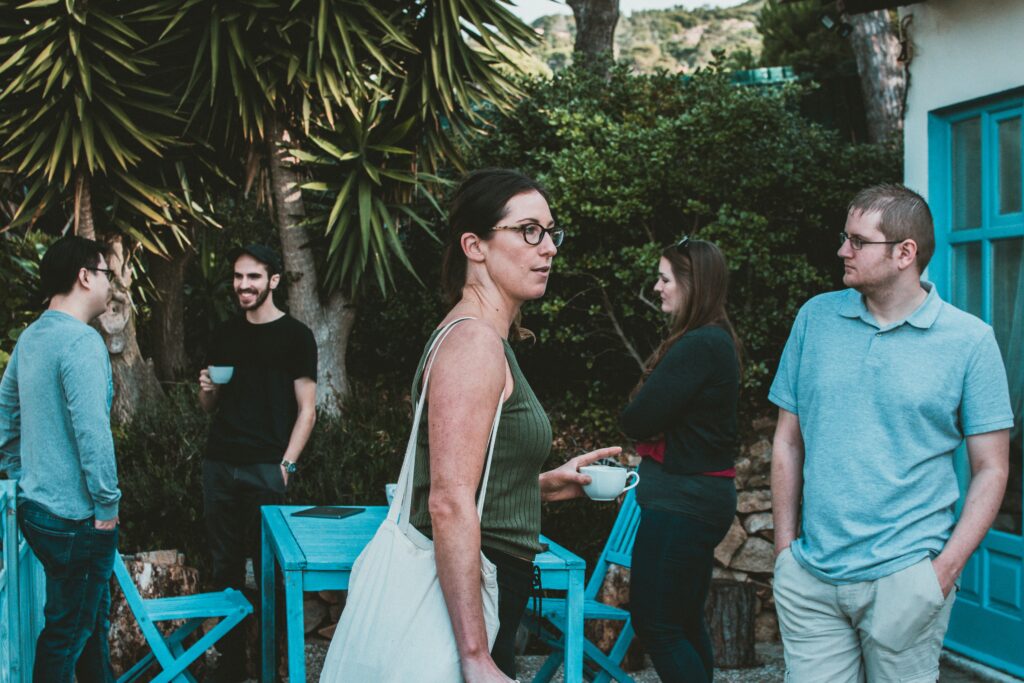
Introduction
In the journey of aging gracefully, maintaining cognitive health is a top priority. Cognitive decline is a common concern for many seniors, but there’s a powerful tool that can help prevent it: social engagement. The importance of social interaction in preventing cognitive decline cannot be overstated. In this comprehensive article, we will explore the intricate relationship between social engagement and cognitive well-being, backed by research and expert insights.
Table of Contents
1. Understanding Cognitive Decline and Its Impact
2. The Role of Social Interaction in Brain Health
3. The Science Behind Social Engagement and Cognitive Resilience
4. Positive Effects of Meaningful Relationships on Brain Function
5. Combatting Isolation: A Key Strategy for Cognitive Preservation
6. Seniors’ Social Activities: Nurturing the Mind and Soul
7. Interacting Across Generations: A Cognitive Boost
8. Exploring Various Forms of Social Engagement
9. Community Involvement: Connecting Beyond the Self
10. The Digital Age and Social Connectivity
11. Benefits of Group Activities: Stimulating Cognitive Processes
12. Promoting Emotional Well-being Through Social Bonds
13. Impact of Loneliness on Cognitive Health
14. Creating Social Support Networks: Enhancing Brain Resilience
15. The Ripple Effect: How Social Engagement Improves Overall Health
16. Brain Health Across the Lifespan: Social Engagement as a Habit
17. Intergenerational Programs: Bridging Wisdom and Knowledge
18. Exploring Cultural and Recreational Activities
19. Combining Physical and Social Activities for Holistic Well-being
20. Caring for Caregivers: Social Support for Emotional Strength
21. Frequently Asked Questions About Social Engagement and Cognitive Decline
22. Conclusion: Embracing Social Connections for a Vibrant Mind
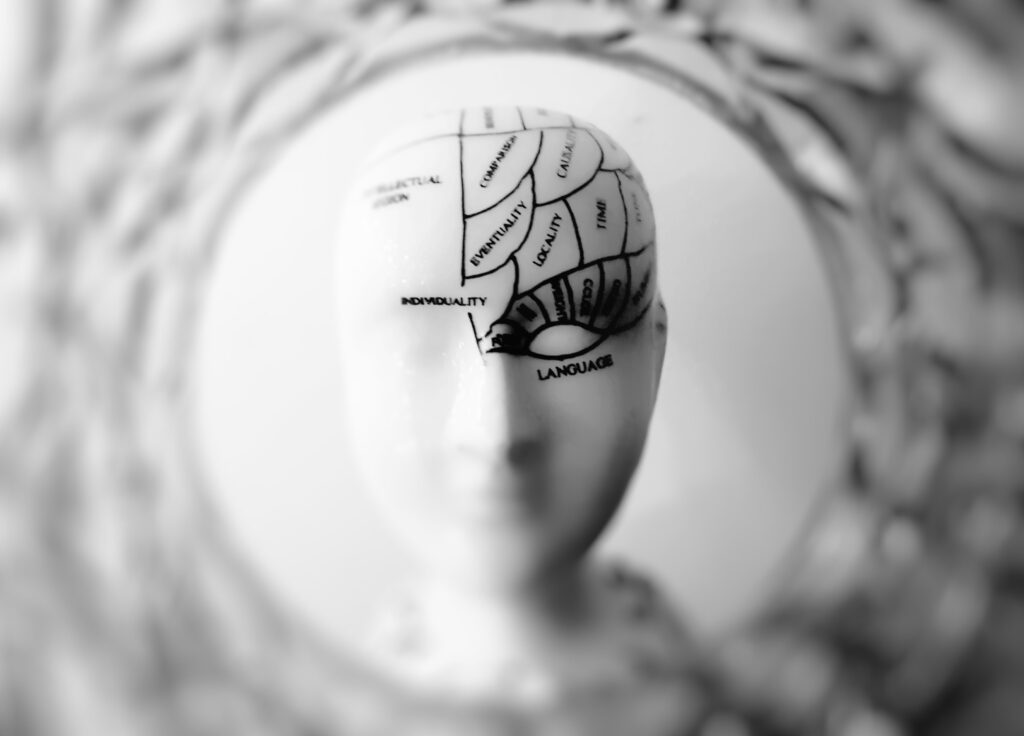
Understanding Cognitive Decline and Its Impact
Cognitive decline is a natural part of aging, but it can lead to challenges in daily life. Memory loss, difficulty concentrating, and decreased problem-solving abilities are some of the common signs of cognitive decline.
The Role of Social Interaction in Brain Health
Active participation in social interactions holds a pivotal role in preserving cognitive well-being. Interacting with others stimulates various cognitive processes, including memory, attention, and language skills.
The Science Behind Social Engagement and Cognitive Resilience
Research has shown that social engagement can enhance cognitive resilience, the brain’s ability to adapt and function well despite challenges. Meaningful interactions stimulate neural connections and promote brain plasticity.
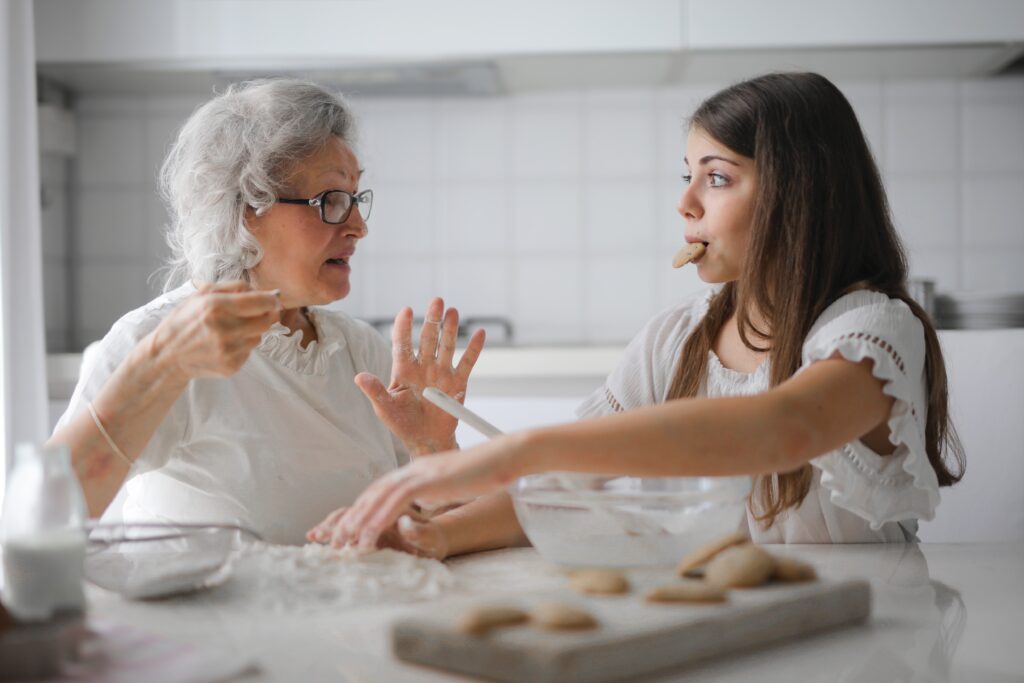
Positive Effects of Meaningful Relationships on Brain Function
Meaningful relationships release hormones like oxytocin and dopamine, which contribute to positive emotions and improved cognitive function. These connections provide emotional support and reduce stress.
Combatting Isolation: A Key Strategy for Cognitive Preservation
Isolation and loneliness can contribute to cognitive decline. Seniors who lack social interactions may experience faster cognitive deterioration. Combatting isolation is crucial for maintaining cognitive health.
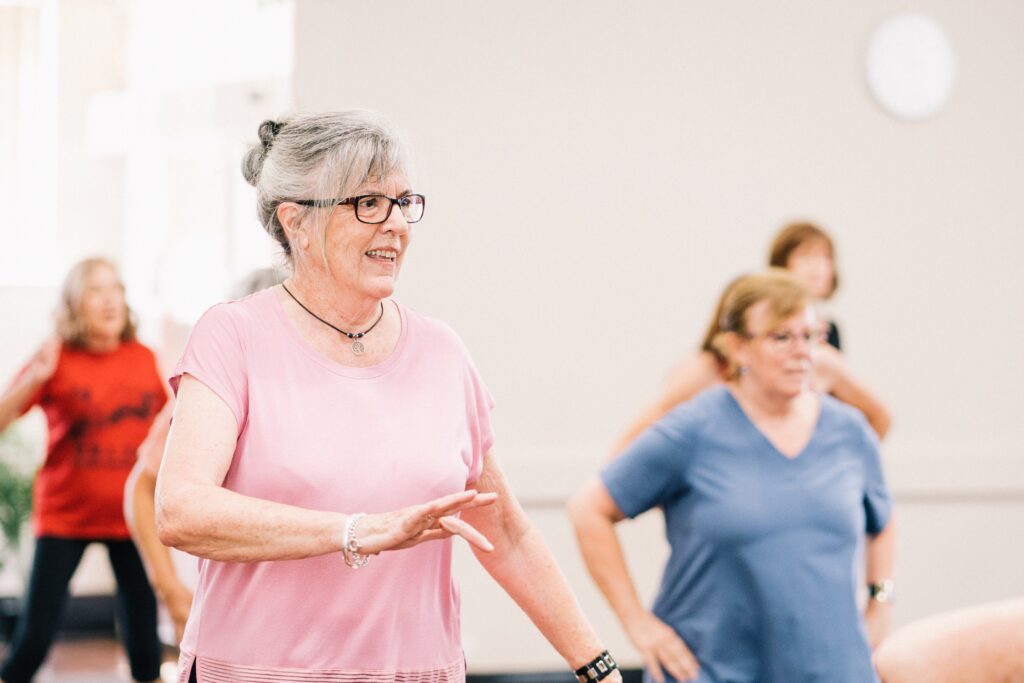
Seniors’ Social Activities: Nurturing the Mind and Soul
Engaging in social activities, such as clubs, classes, or group outings, provides mental and emotional stimulation. These activities challenge the brain, enhance mood, and foster a sense of belonging.
Interacting Across Generations: A Cognitive Boost
Interacting with younger generations brings fresh perspectives and challenges cognitive routines. Grandparents and grandchildren bonding over activities can provide mutual cognitive benefits.
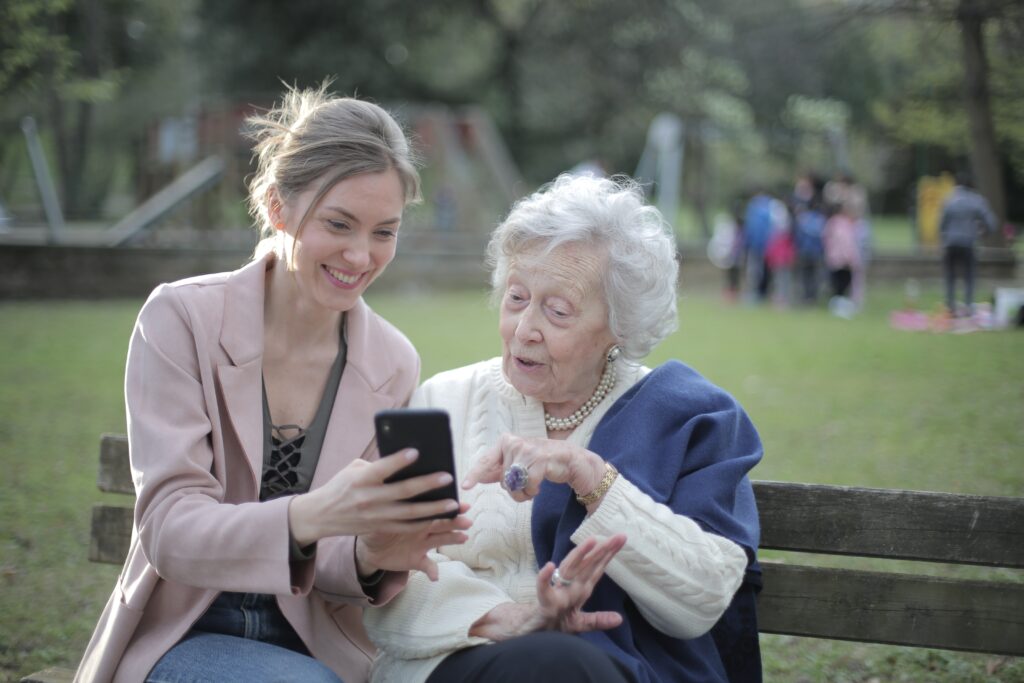
Exploring Various Forms of Social Engagement
Social engagement comes in many forms, from one-on-one conversations to group activities. Finding the right balance of interactions that align with individual preferences is essential.
Community Involvement: Connecting Beyond the Self
Getting involved in the community through volunteering or participating in local events promotes a sense of purpose and enriches social connections, contributing to cognitive well-being.

The Digital Age and Social Connectivity
Modern technology offers opportunities for virtual social engagement. Seniors can stay connected with friends and family through social media, video calls, and online interest groups.
Benefits of Group Activities: Stimulating Cognitive Processes
Group activities, such as book clubs, dance classes, or art workshops, offer cognitive benefits by stimulating multiple brain areas simultaneously, promoting cognitive flexibility and creativity.
Promoting Emotional Well-being Through Social Bonds
Positive social interactions release endorphins and reduce stress hormones, promoting emotional well-being. Strong emotional health contributes to cognitive resilience.

Impact of Loneliness on Cognitive Health
Loneliness and social isolation have been linked to cognitive decline and increased risk of conditions like Alzheimer’s disease. Prioritizing social connections is vital for brain health.
Creating Social Support Networks: Enhancing Brain Resilience
Building a social support network provides a safety net during challenging times. Supportive relationships offer emotional comfort and boost mental resilience.
The Ripple Effect: How Social Engagement Improves Overall Health
Engaging socially doesn’t just benefit the brain; it also improves overall health. Studies show that seniors who are socially active tend to have better physical health and a higher quality of life.
Brain Health Across the Lifespan: Social Engagement as a Habit
Social engagement should be nurtured as a lifelong habit. Starting early in life and continuing into old age creates a foundation for sustained cognitive health.
Intergenerational Programs: Bridging Wisdom and Knowledge
Programs that encourage interaction between different generations foster mutual learning. Seniors can share their experiences and wisdom while learning from younger individuals.
Exploring Cultural and Recreational Activities
Engaging in cultural activities, such as visiting museums or attending concerts, exposes seniors to new experiences that challenge the
brain and ignite curiosity.

Combining Physical and Social Activities for Holistic Well-being
Physical activity has its cognitive benefits, and combining it with social engagement offers a holistic approach to brain health. Group exercises or outdoor walks with friends can be doubly beneficial.
Caring for Caregivers: Social Support for Emotional Strength
Caregivers also need social support. Providing care can be emotionally taxing, and connecting with other caregivers helps alleviate stress and prevents burnout.
Frequently Asked Questions About Social Engagement and Cognitive Decline
Yes, numerous studies have shown that staying socially engaged can significantly reduce the risk of cognitive decline.
There’s no specific frequency; the key is regular, meaningful interactions that provide mental and emotional stimulation.
Activities that involve communication, problem-solving, and creativity, such as group discussions, games, and art classes, are excellent for cognitive health.
Virtual engagement offers cognitive benefits, but in-person interaction provides additional sensory and emotional stimulation.
Yes, social engagement can help slow the progression of cognitive decline and improve overall well-being.
It’s never too late to start. Seniors of all ages can benefit from social engagement, regardless of when they begin.
Conclusion: Embracing Social Connections for a Vibrant Mind
The evidence is clear: social engagement is a powerful tool in preventing cognitive decline. By fostering meaningful connections, participating in diverse activities, and nurturing relationships, seniors can maintain cognitive health and lead fulfilling lives. Embracing the importance of social engagement is a step toward a vibrant mind and a brighter future.

Can you be more specific about the content of your article? After reading it, I still have some doubts. Hope you can help me.
Your article helped me a lot, is there any more related content? Thanks!
Thanks for sharing. I read many of your blog posts, cool, your blog is very good. https://www.binance.info/en-ZA/register?ref=JHQQKNKN
Thanks for sharing. I read many of your blog posts, cool, your blog is very good.
Can you be more specific about the content of your article? After reading it, I still have some doubts. Hope you can help me.